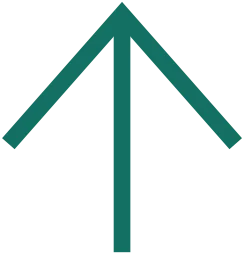Educational Programme
At Wolds Wildlife Park we are committed to providing education at the appropriate level. We separate our educational provision into two main types: informal and formal. Both formal and informal learning opportunities at the park are suitable for a range of ages and abilities. For example, species level signage is suitable for children and adults and includes extended information and facts to maintain enthusiasm and inspire advanced learning.
Informal Provision (i.e. possibility of passive learning)
- Species level signage identifying common & scientific names, their IUCN Red list conservation status, biological characteristics and their natural habitat.
- Signage and graphics relating to our conservation and sustainability work and how the public can get involved/help.
- Family-led activities and challenges e.g. leap as far as our leopards to encourage species biology knowledge.
- Species specific zoo keeper talks – please see the most up to date schedule advertised on our web site.
Formal Provision (i.e. staff-led pre-booked sessions or provisions)
All formal education provision is provided by appropriately trained staff and allows the opportunity for the sessions to be evaluated afterwards so we can continue to develop our provision to the needs of our visitors. We do not have a formal education space to carry out these tasks but do currently have access to a marquee that is erected for this purpose when there is a booked session. Formal education provisions include:
- Staff-led guided tours – species of particular interest can be focused on depending on the requirements of the group.
- Worksheets that are designed to suit National Curricula Key Stage Outcomes
- Pre-booked classroom/workshop sessions that follow a specific theme and led by zoo-staff.
- Bookable wildlife experiences to encourage species specific biological and conservation knowledge.
- Specific conservation-based stands throughout the summer holidays (e.g. Wildlife Trust) on how the visitors can help their local wildlife.



